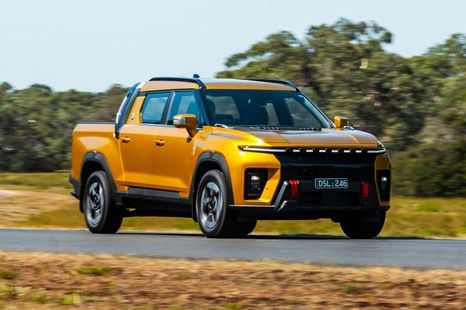

Ben Zachariah
2026 KGM Musso EV review
3 Hours Ago
The Australian government's National Transport Commission has crunched the numbers on average emissions intensity across numerous metrics

Senior Contributor
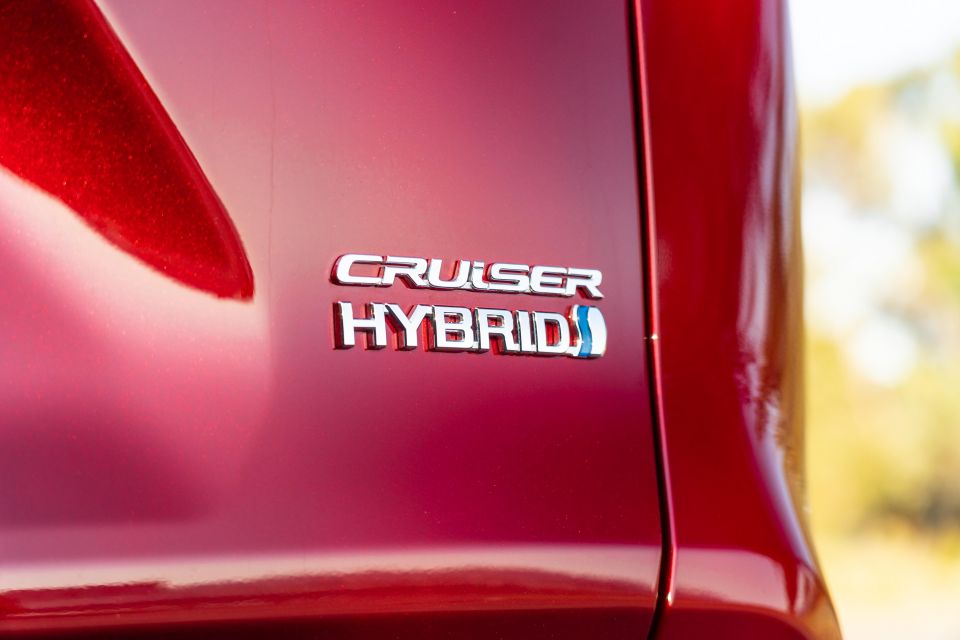

Senior Contributor
Government-fleet passenger cars and SUVs sold in 2020 emitted on average around 16 per cent less CO2 per vehicle compared to those purchased by either private or business-fleet buyers.
Data from the National Transport Commission (NTC) shows on average, government-owned new cars and SUVs emitted 134 grams of CO2 every kilometre based on their expected fuel consumption, compared to 155g/km for private and 158g/km for business fleet vehicles.
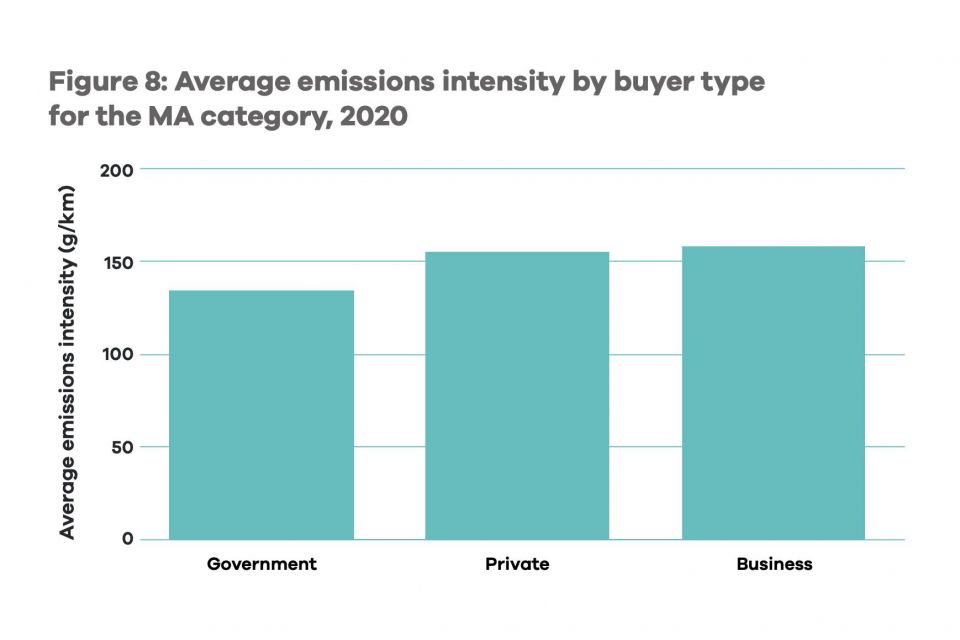
However, less than 3 per cent of all new cars and SUVs sold in 2020 went to a government department of some level, compared to 38 per cent volume for business buyers and the remainder for private buyers. It’s important to contextualise emissions intensity with scale.
When it comes to heavy 4x4s and light commercial utes and vans, which are counted separately, there was far less variability when it came to average emissions intensity measured by buyer type.
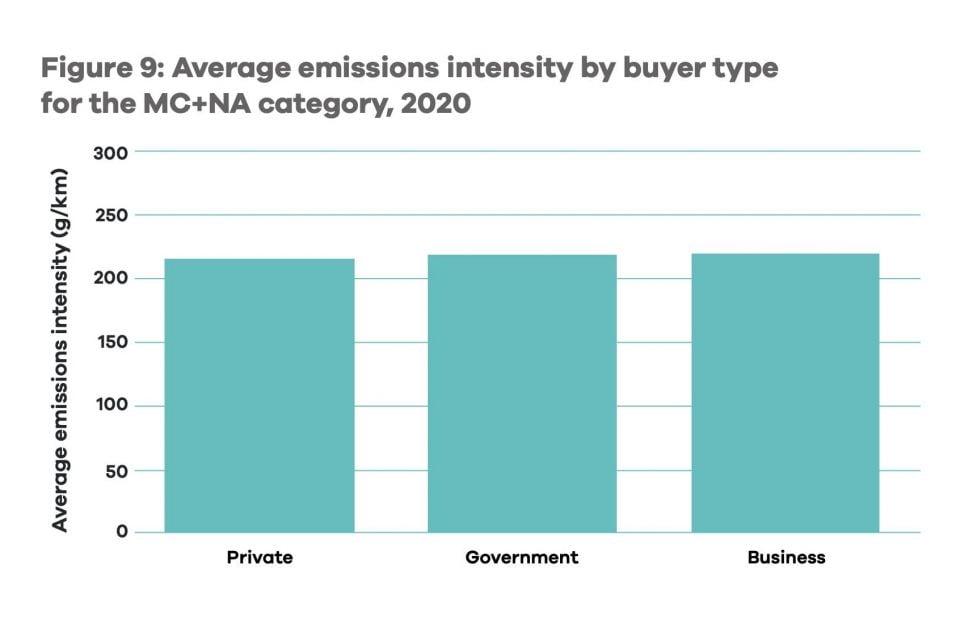
The averages were 216g/km for private buyers from 103,004 total sales, 219g/km for governments (14,058 total), and 220g/km for business purchases (183,598 total).
Overall around 22 per cent of total new vehicles added to government fleets in 2020 were a hybrid, plug-in hybrid, or electric car. By contrast the figure for business purchases was around 6 per cent and for private buyers it was around 7 per cent.
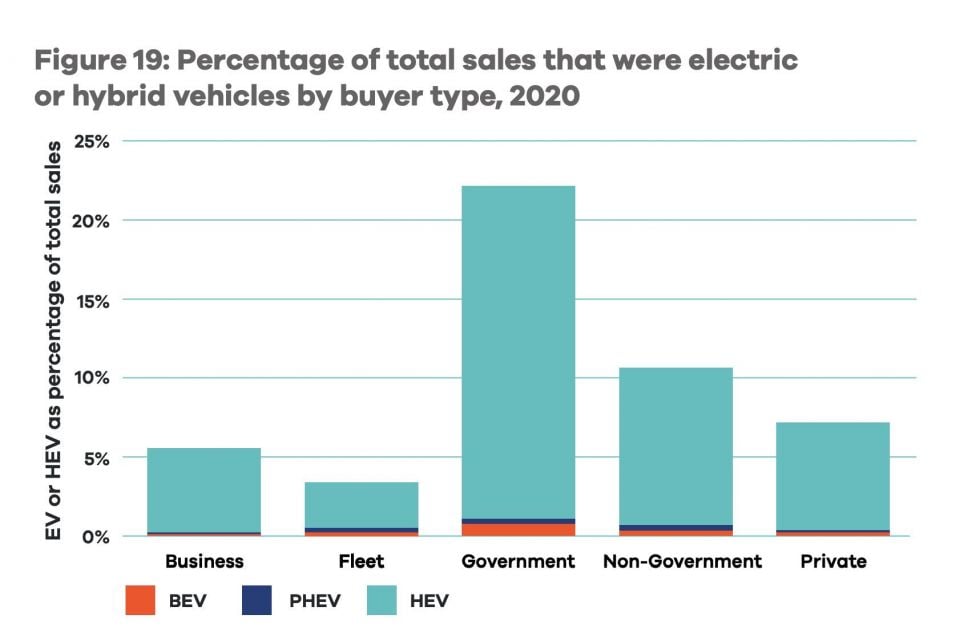
The ACT territory government was the best performer when it came to reducing emissions intensity on its car and SUV fleet.
About 15 per cent of its newly-added fleet cars in 2020 were electric, 17 per cent were plug-in hybrids, and 9 per cent conventional hybrids.
This rate of EV penetration dwarfed all other regions, though as the table below shows about 30 per cent of NSW’s government fleet added in 2020 were hybrids, just above the average for the Federal government.
MORE: ACT government moving public-servant fleet to EVs, will slash running costs
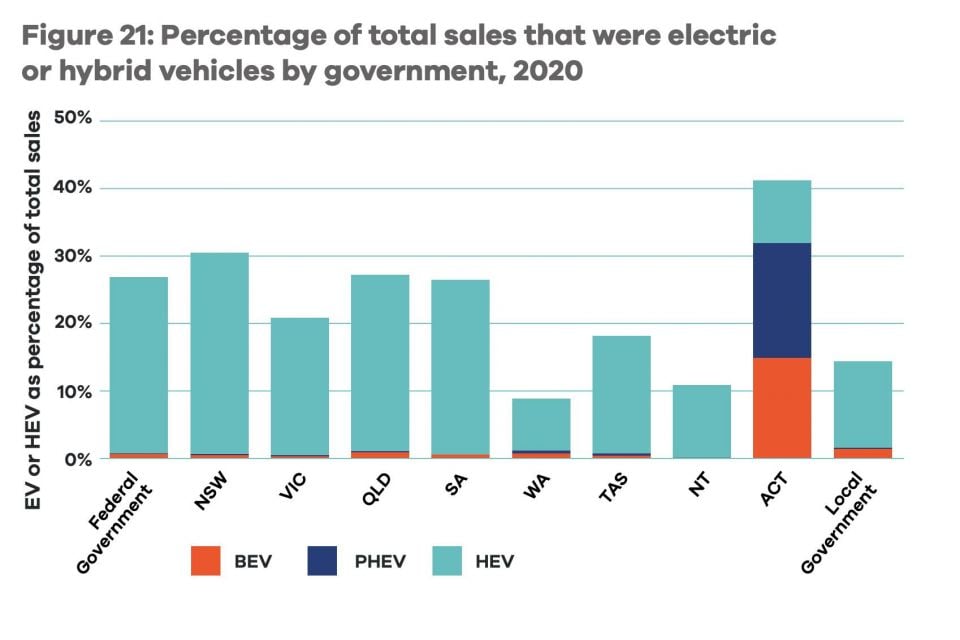
On a more macro basis, the proportion of new vehicles sold in Australia last year that averaged tailpipe emissions below 120g/km hit 8.4 per cent, a spike over the 5.7 per cent managed in 2019.
Hybrid car sales nearly doubled in 2020 to 58,595 (led by the Toyota RAV4, Corolla and Camry by large margins), while electric car sales grew 17 per cent to 6900 – 3430 of which were Teslas.
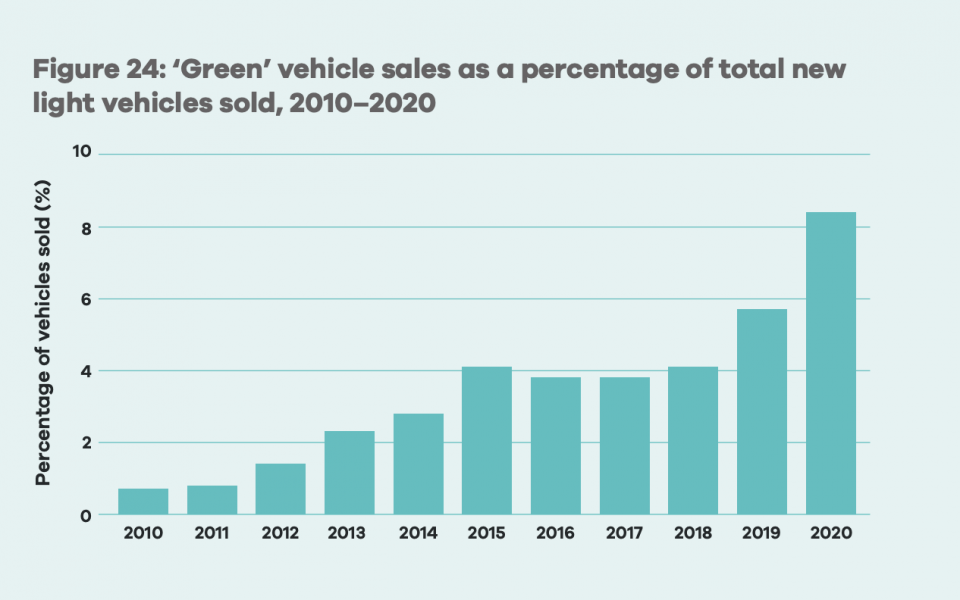
We cover the EV world in depth, catch up on some of the issues below.
MORE: Electric car sales up 273 per cent in July, here’s how each model sold MORE: Europe plans to ban petrol, diesel and hybrid new cars from 2035 MORE: Australian electric vehicle launch calendar MORE: Emissions targets explained, Q&A with FCAI chief Tony Weber MORE: Australia-wide EV policy needed to avoid ‘chaos’, says FCAI MORE: NSW announces sweeping electric-vehicle stimulus package MORE: Ford CEO calls out Australia for lack of EV infrastructure MORE: Victoria commits to electric car subsidies, 2030 sales target MORE: Victoria’s ‘worst EV policy in the world’ slammed MORE: Northern Territory commits to electric car incentives MORE: Australian industry keeps calling for new government CO2 targets MORE: ACT moving public-servant fleet to EVs, will slash running costs MORE: How Australia’s federal opposition proposes to slash EV prices MORE: Q&A with JET Charge founder Tim Washington


Ben Zachariah
3 Hours Ago


James Wong
3 Hours Ago
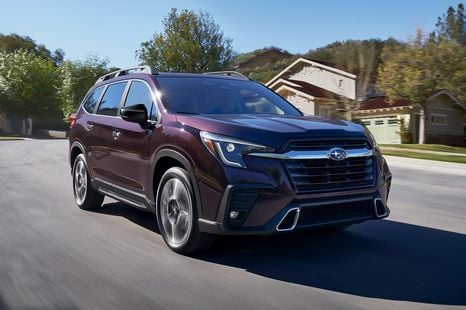

James Wong
3 Hours Ago
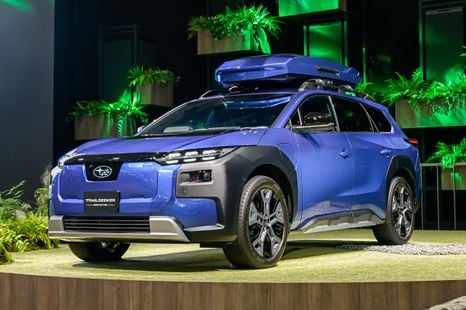

James Wong
3 Hours Ago
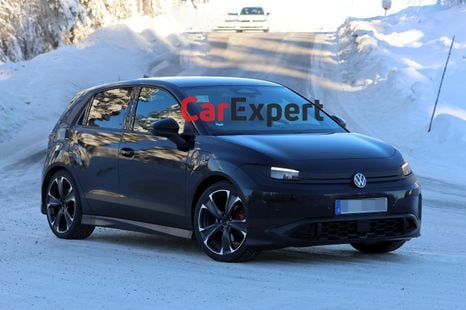

Damion Smy
10 Hours Ago
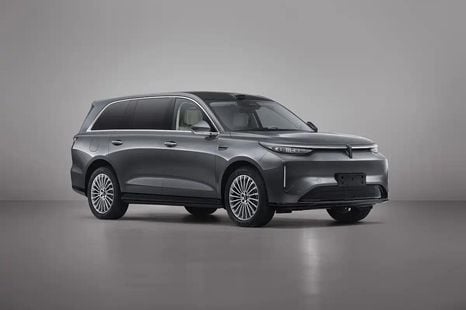

William Stopford
11 Hours Ago
Add CarExpert as a Preferred Source on Google so your search results prioritise writing by actual experts, not AI.